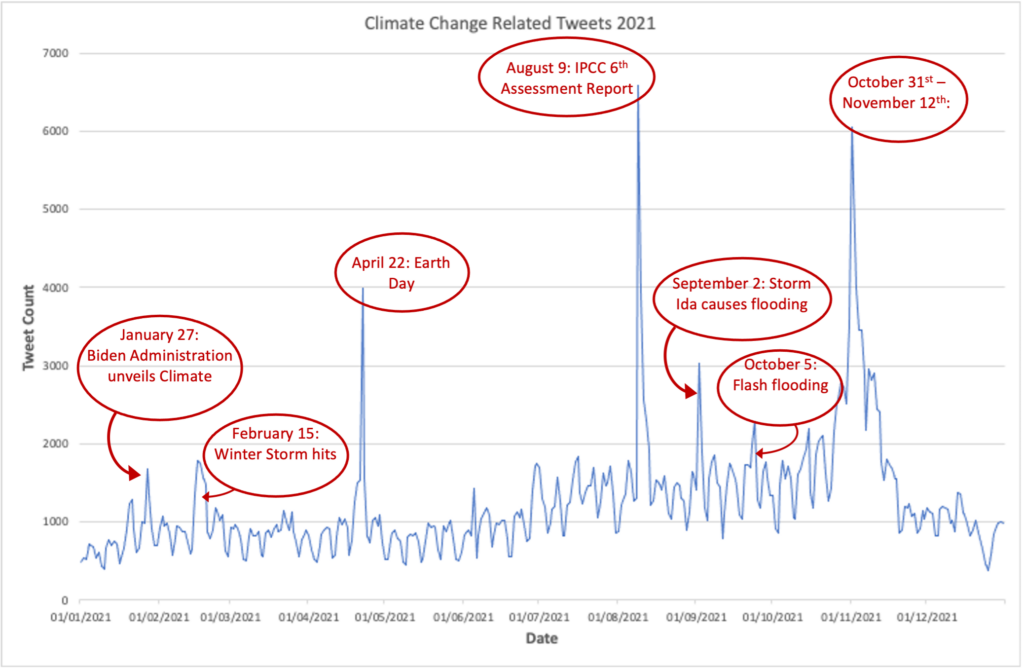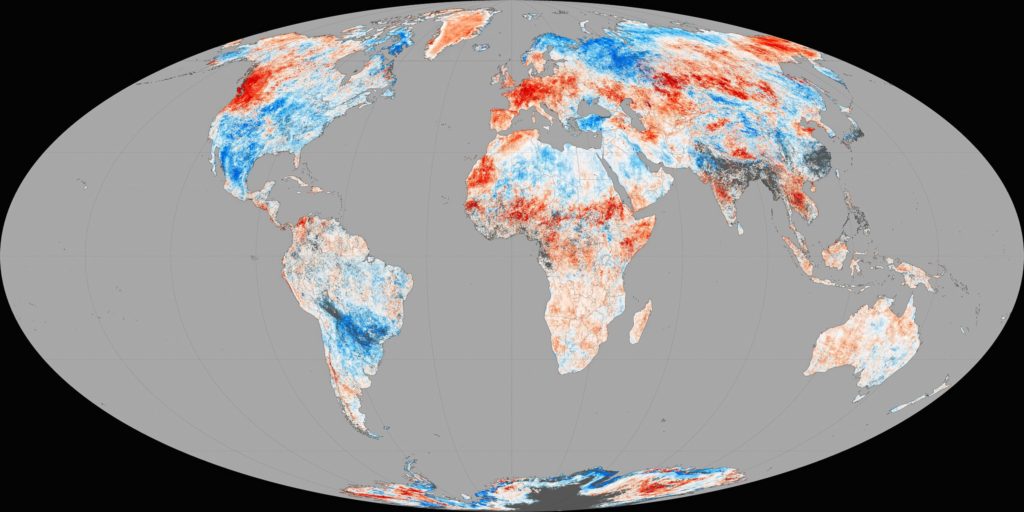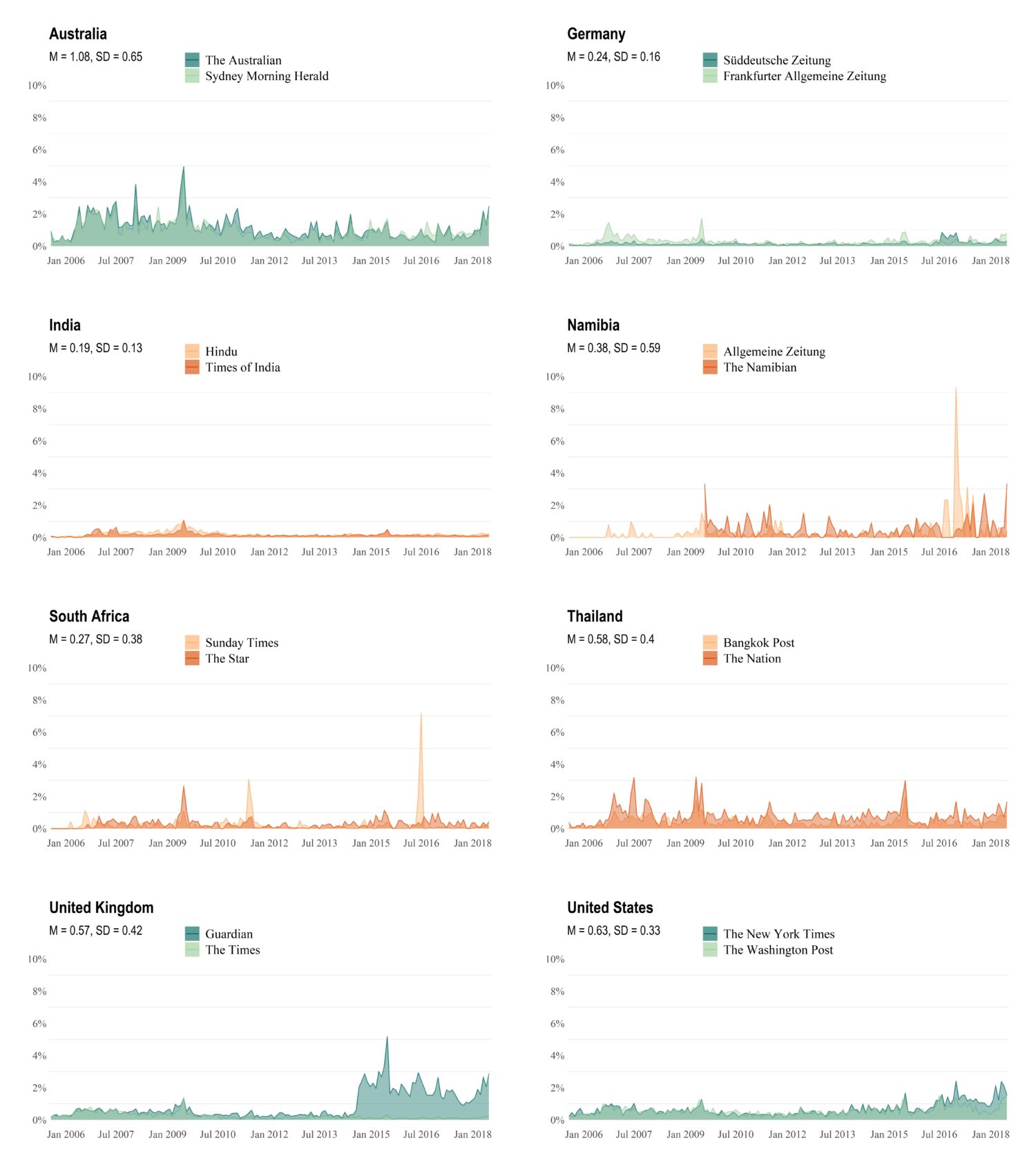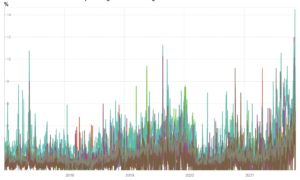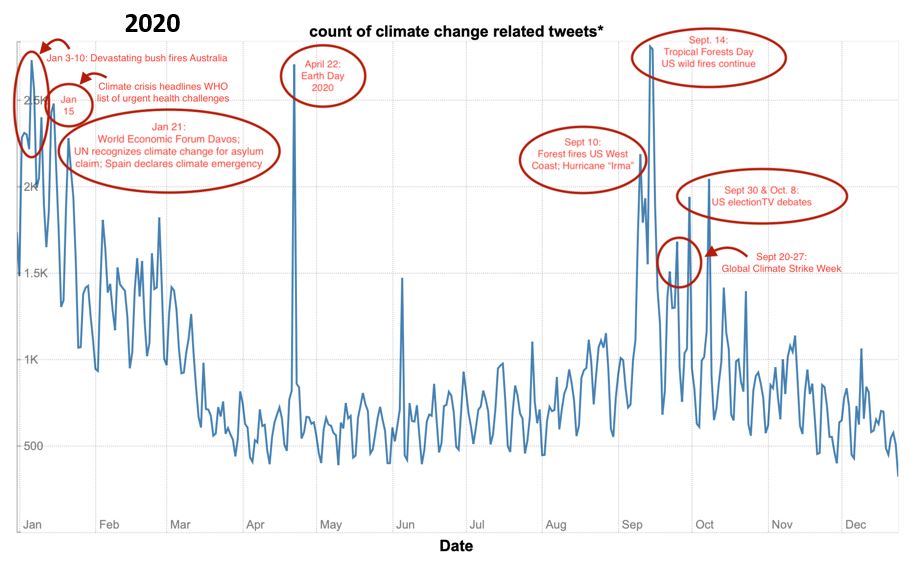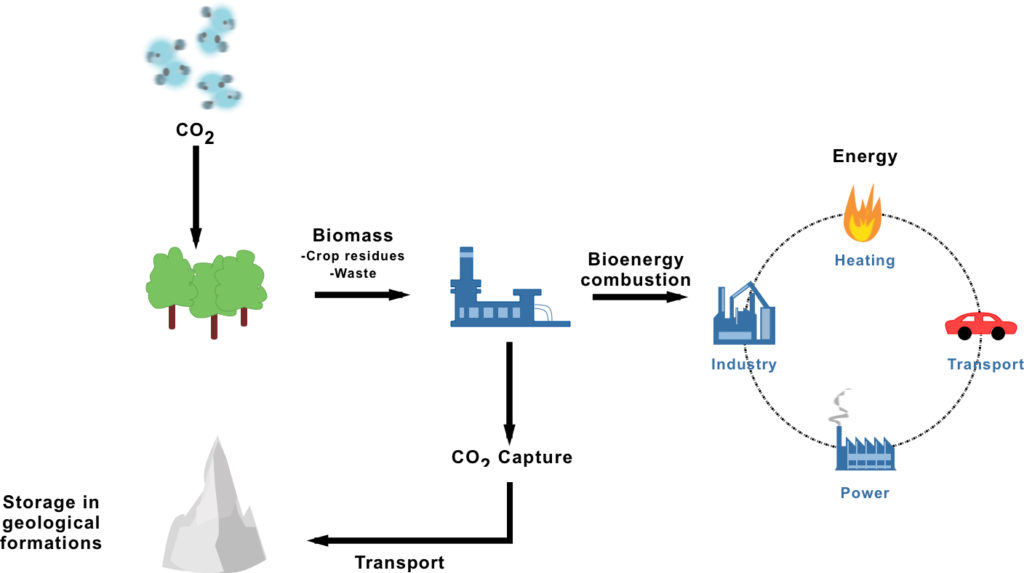
RCP-8.5 is not only the arguably most popular climate change scenario, it is also often framed in a very specific manner: as the business-as-usual trajectory that humanity is on if no climate change policies are adopted.
For an academic discipline that actively tries to be policy-relevant, climate science in the context of the IPCC is often weirdly inaccessible. An example of this is the rather cryptic naming of climate scenarios that form the backbone of IPCC reports and many climate modelling studies: names range from SSP1-1.9 to SSP5-8.5. A specific element of these mysterious scenarios – the so-called RCP-8.5 – has been the focus of a rather fierce academic debate.
Yet, more than being a somewhat nerdy scientific debate, the controversy around RCP-8.5 actually points to some fundamental disagreements about the communication of climate futures. Continue reading RCP-8.5: Business-As-Usual or Unrealistic Worst-Case? The contested interpretation of climate change scenarios

